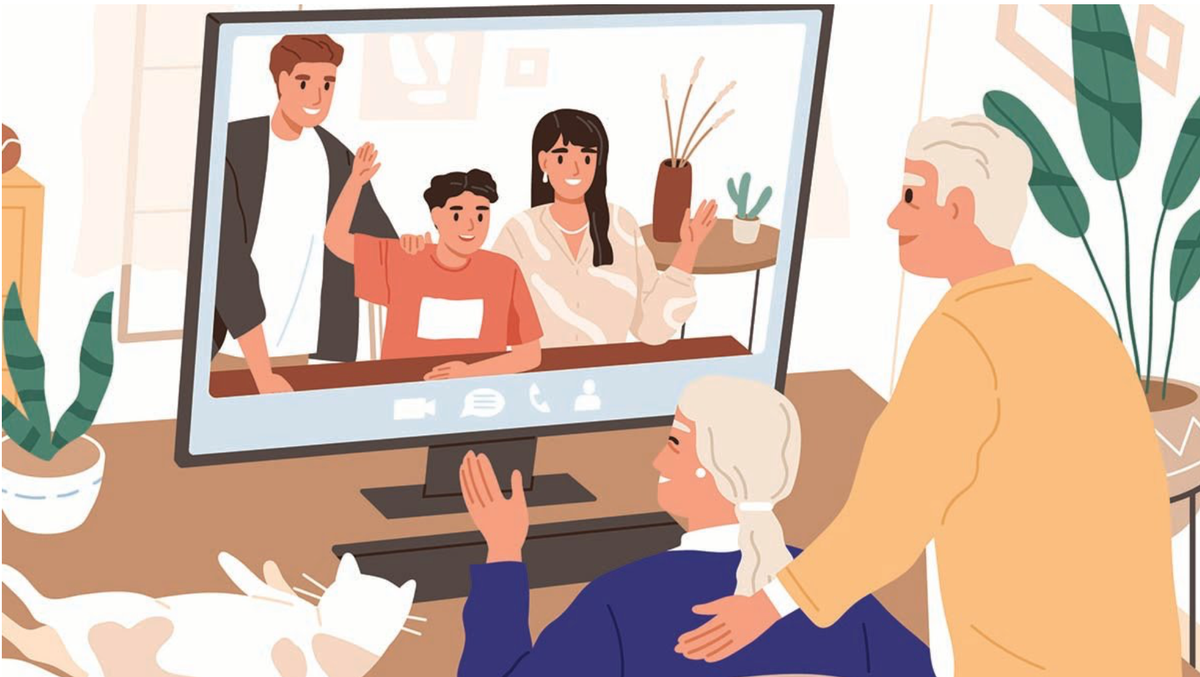We're more likely to help others when we don't think about it

That's a weird idea, isn't it? That our charitable side comes out more often when we're less aware of it. But that's the thinking behind a paper in Psychological Science. In it, David G. Rand, an associate professor of psychology, management, and economics at Yale, argues that we're more likely to cooperate when we do it automatically. Let me explain.
Rand believes that our intuitive responses to being kind to others are based on previous experience. Essentially, if in the past being cooperative has proven the wise move, it becomes our default social response.
But this response isn't the only one we humans have available. The other decision-making tool we have in our arsenal, is to deliberate, to suss out whether or not we should help someone else. For example: you instinctively helped your neighbour by going and buying a few bits from the supermarket, but when a complete stranger asks you to help push their car out of a muddy puddle five miles away, that's where the slower, more deliberate thinking comes in.
Kind, but only sometimes 🤏
It's not necessarily about being miserly with your help, argues Rand, our brains are designed to work out whether an act of kindness will be beneficial for you, or not. This is where it gets interesting.
What we define as beneficial totally varies from person to person. Beneficial for one person might be the warm glow of altruism they bask in after buying a copy of The Big Issue. Beneficial for another might be, "If I was so helpful, chuck us a fiver and we'll call it a day." For someone else, it might be virtue signaling (my new favourite phrase) or the act of being altruistic so that others might recognise us for doing so.
Essentially, kindness comes naturally when we've felt others natural kindness.
Aw.





